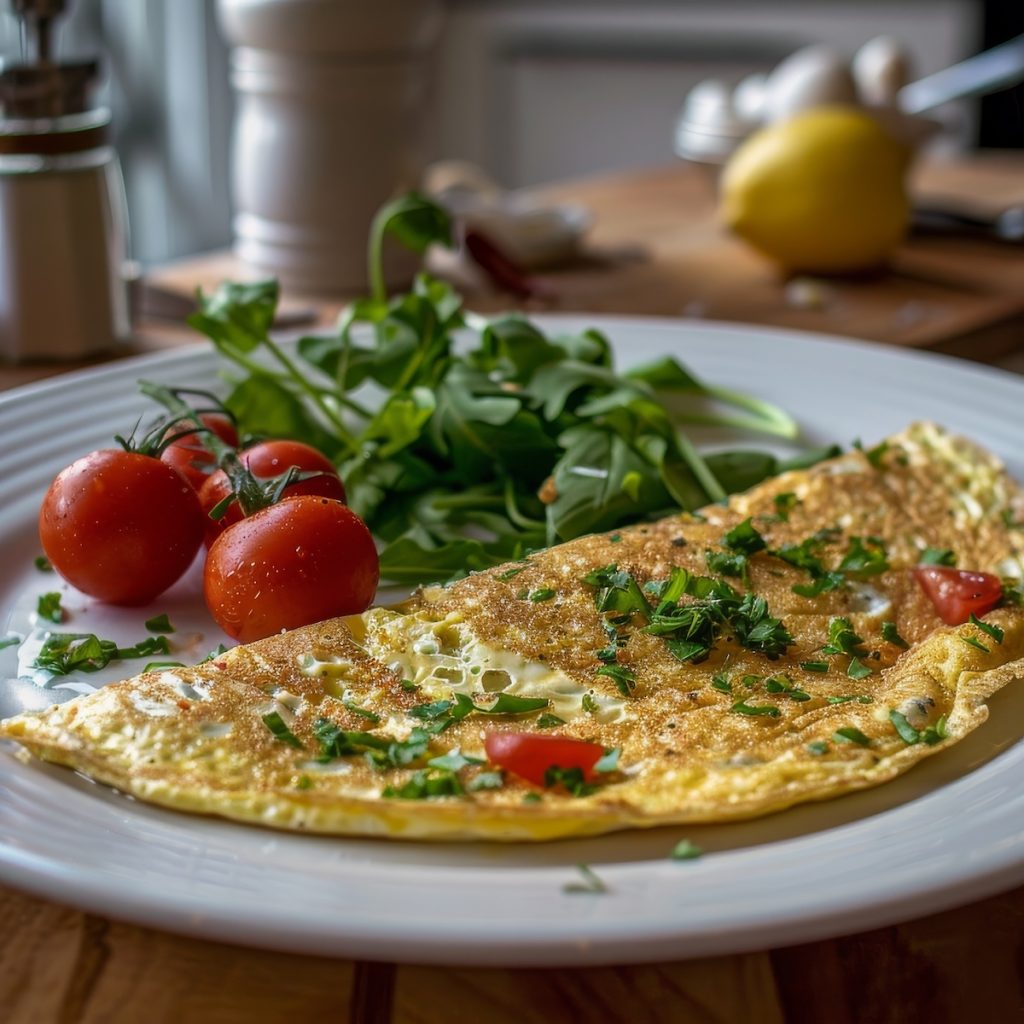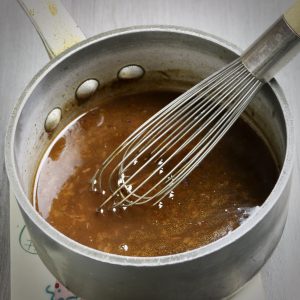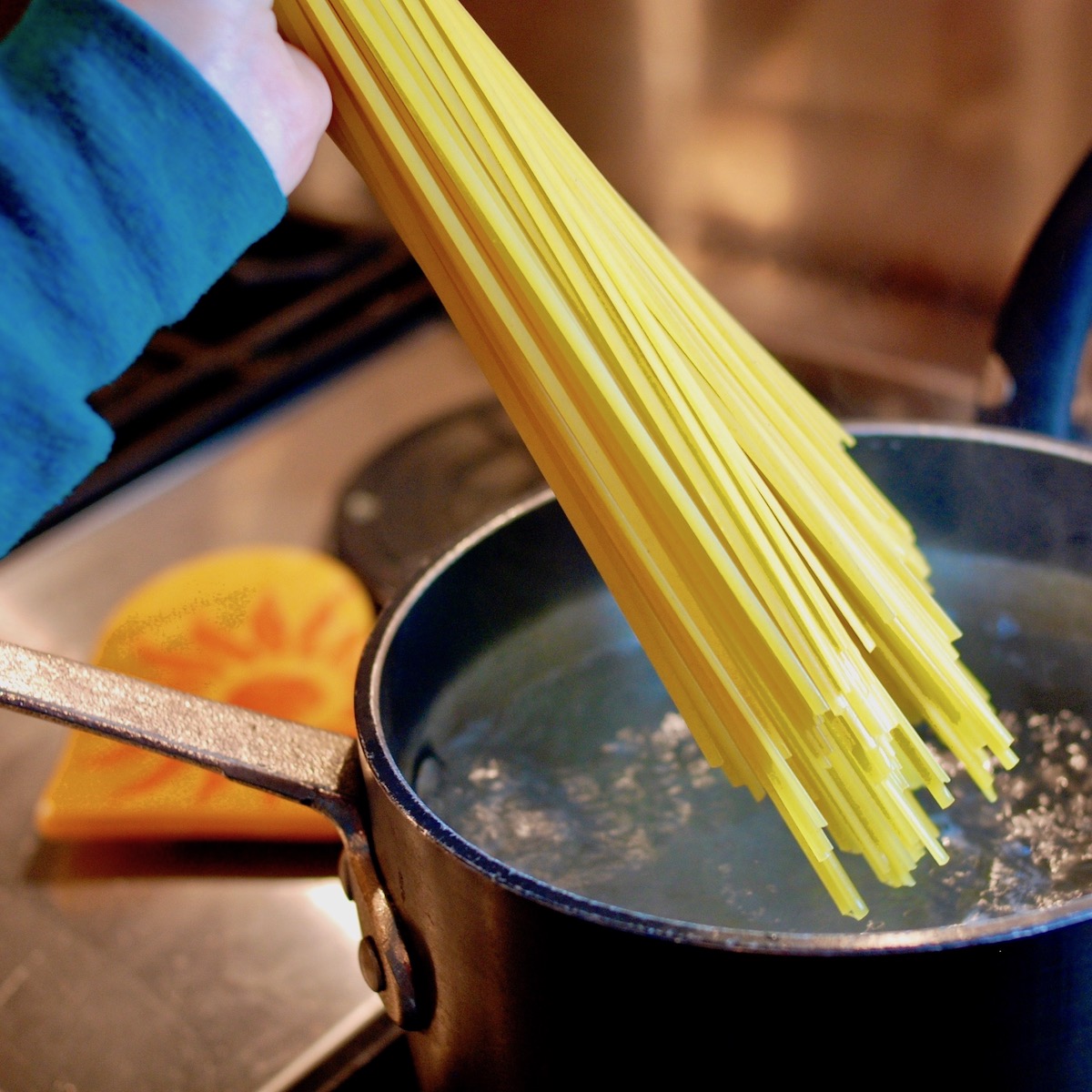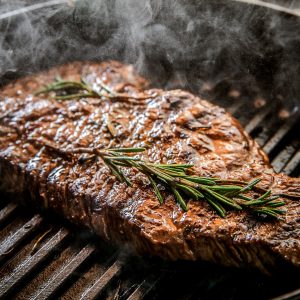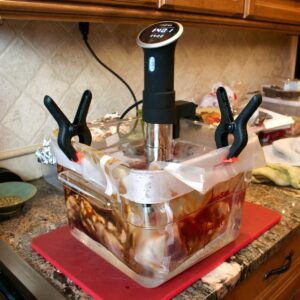So You Want to Make the Perfect Omelet
The perfect omelet can mean different things to different people. Still, generally, it’s considered to be fluffy on the inside with a slightly creamy texture, nicely browned on the outside, and filled with ingredients that complement the eggs well. Some might prefer it completely folded over with a neat appearance, while others enjoy a more rustic, open-faced style.
Ultimately, it’s about achieving the texture, flavor, and appearance that you personally enjoy most! What does the perfect omelet look like to you?
Many Ways To Prepare An Omelet
Making a good omelet is all about technique and a few key tips:
- Use Fresh Eggs: Fresh eggs create a better texture and flavor in your omelet.
- Preparation: Chop and prepare all your ingredients before you start cooking. This ensures everything comes together smoothly and prevents overcooking the eggs.
- Whisk Thoroughly: Whisk the eggs thoroughly with a pinch of salt and pepper. This incorporates air and ensures even cooking.
- Heat Control: Use medium heat. Too high heat can brown the eggs too quickly before fully cooking.
- Non-Stick Pan: A non-stick skillet is ideal for easy flipping and prevents sticking.
- Butter or Oil: Use a small amount of butter or oil to coat the pan before adding the eggs. This adds flavor and prevents sticking.
- Add Fillings Carefully: If you’re adding fillings like cheese, vegetables, or meats, add them to the egg mixture after pouring it into the pan. Distribute them evenly.
- Cooking Technique: As the edges set, gently lift them with a spatula and tilt the pan to let the uncooked eggs flow to the edges.
- Folding: Once the omelet is mostly set but still slightly runny on top, fold it in half using a spatula. Let it cook for 30 seconds to a minute to set the inside.
- Serve Immediately: Omelets are best served hot off the pan to maintain fluffy texture.
With these tips, you should be able to create a delicious and well-cooked omelet!
Why is it so important that a novice cook learns how to make an omelet?
Learning how to make an omelet is often emphasized for novice cooks for several reasons:
- Basic Cooking Skills: Mastering an omelet teaches fundamental cooking techniques such as whisking eggs, controlling heat, and using a skillet effectively. These skills are foundational for many other dishes.
- Versatility: Omelets are versatile and can be customized with various fillings like vegetables, meats, cheeses, and herbs. This allows novice cooks to experiment and develop their flavor combinations.
- Quick and Easy: Omelets are relatively quick to prepare, making them ideal for busy mornings or when you want a simple yet satisfying meal.
- Healthy Option: They can be made nutritious by incorporating vegetables and lean proteins, making them healthier than many other breakfast options.
- Impress Others: Making a well-executed omelet can impress family and friends. It’s a skill that can enhance your confidence in the kitchen.
- Building Confidence: Successfully making an omelet provides a sense of accomplishment and encourages novice cooks to try more challenging recipes.
Overall, learning to make an omelet is a gateway to developing broader cooking skills and enjoying the process of preparing delicious meals at home.
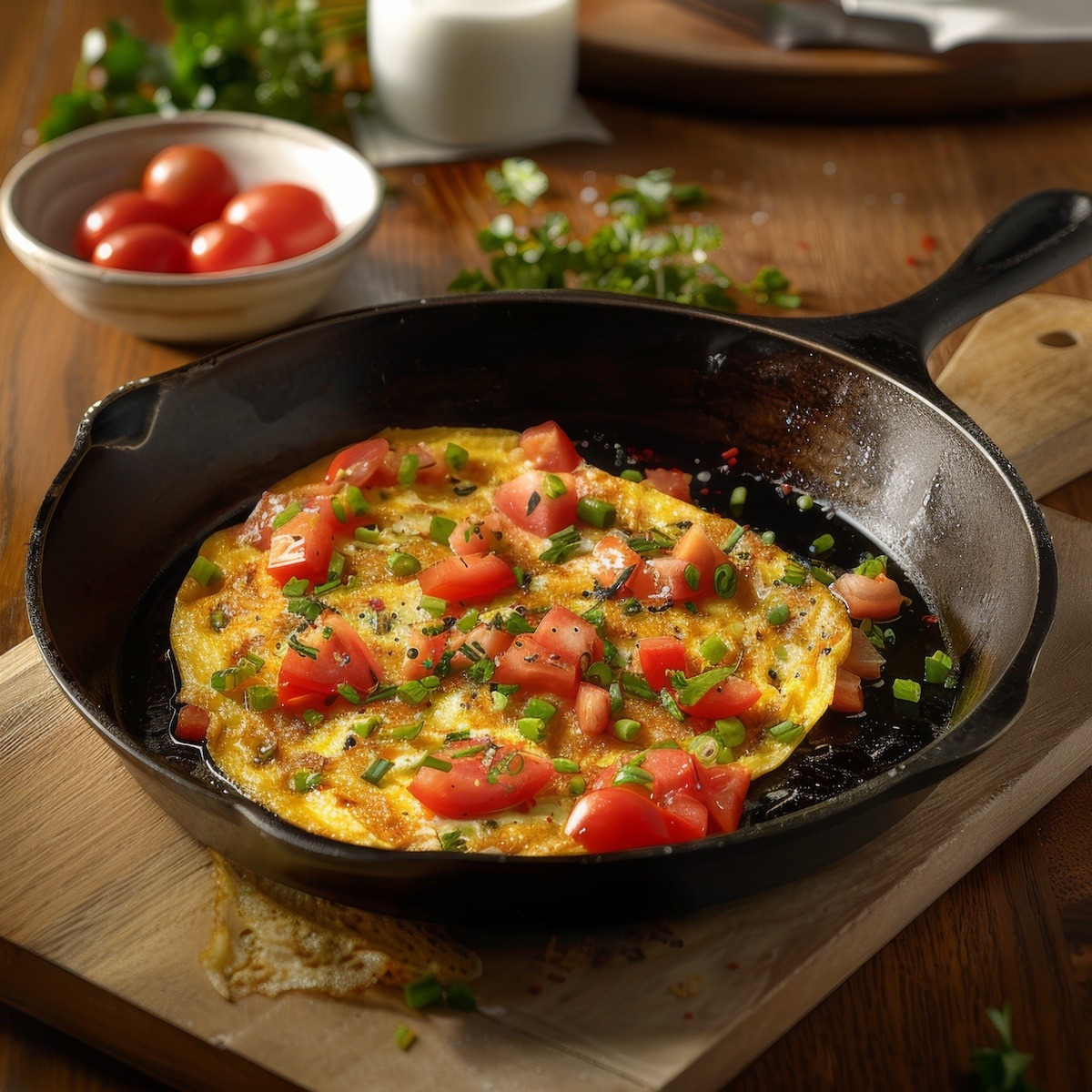
How the Pros Make An Omelet
Jacques Pepin’s Techniques
Let’s start with one of the best chefs out there. In this video, Chef Pepin describes two methods of preparing an omelet, an American version and a French version. This may be the only video you need to look at but I’ll find some more.
Jamie Oliver’s Omelette Technique
I thought it was interesting that Chef Oliver does not use any milk or cream in his egg mixture.
Chef Paul McCormick Omelet Technique
Chef McCormick is an adjunct instructor of culinary arts and hospitality management, Community College of Philadelphia and demonstrates how to prepare and cook a classic French omelet. This is detailed and may be more than you want, but it includes a ton of great information.
How to Make a Ham & Cheese Omelet
This is a great example of how I’ve seen omelets prepared at bunch buffets by professional chefs. It’s not how I do it but I’m going to experiment with some of the ideas.

